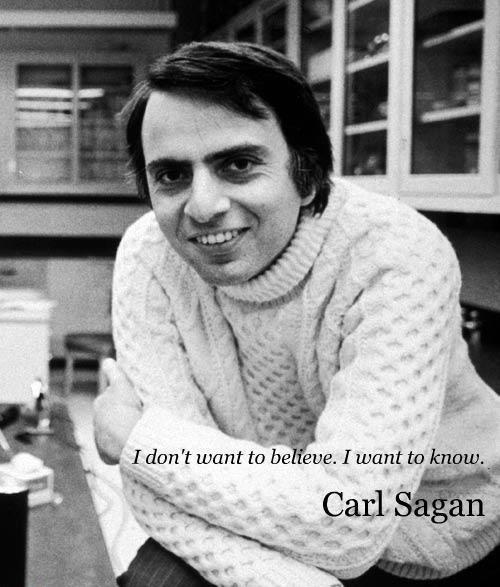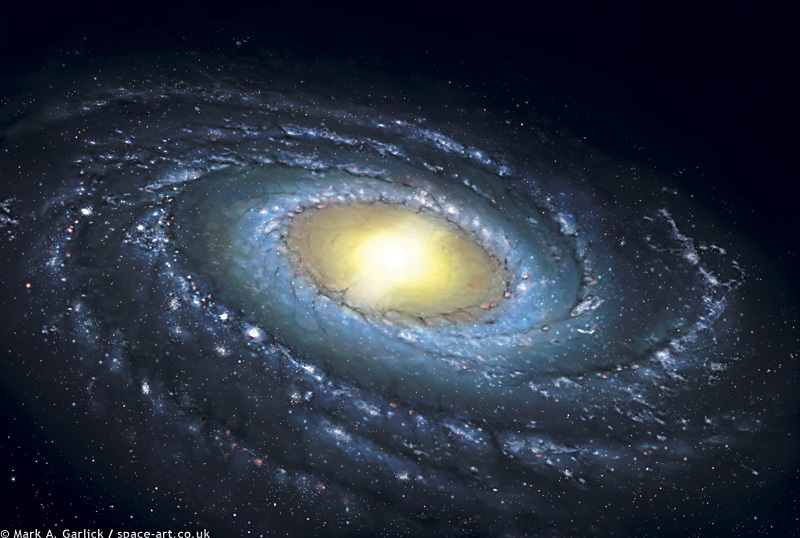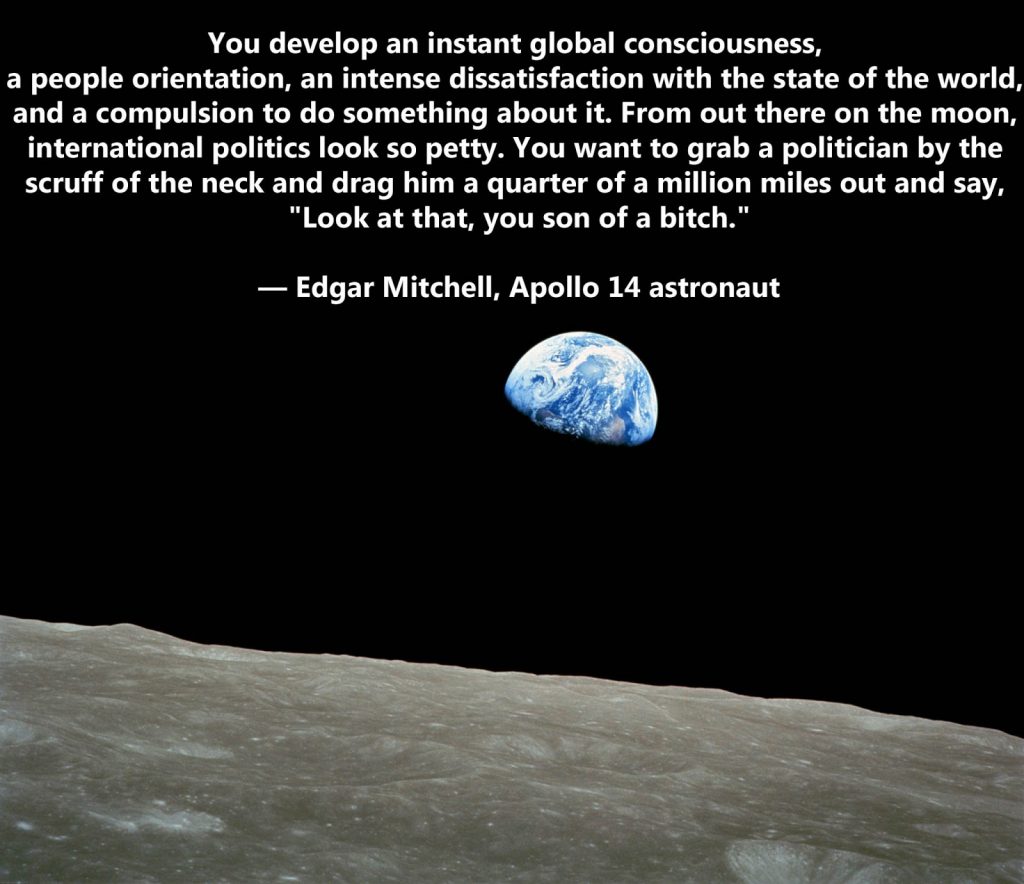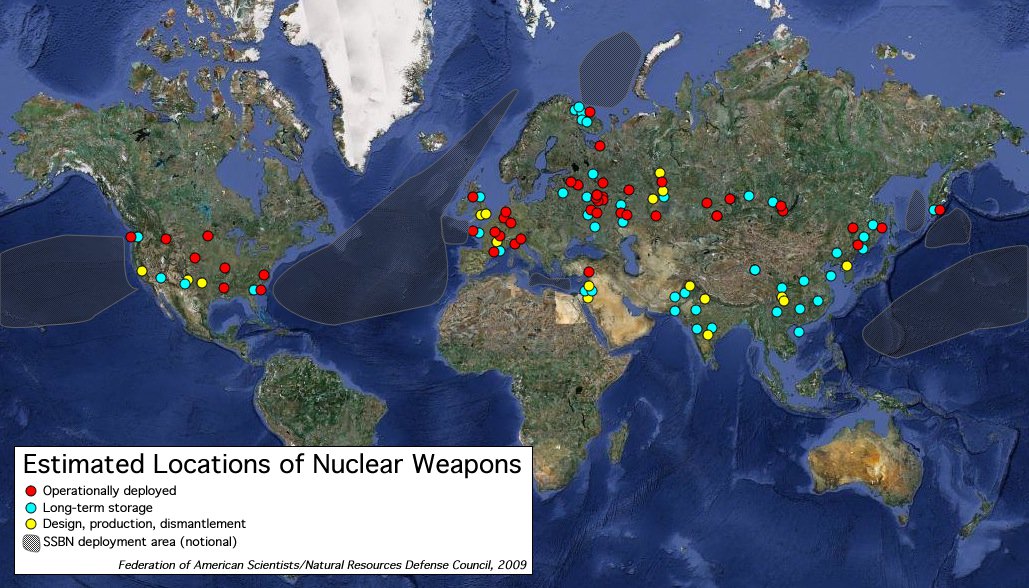The pale blue dot. It’s what astronomer Carl Sagan called our home planet when he viewed it from the furthest vantage point a picture of Earth was ever taken. It’s also a beautiful speech, which many agree that everyone should listen very carefully to. The speech brings about a feeling that our problems might not […]
You are browsing archives for
Category: Science Facts
Here you can find some interesting science facts
Facts About The Milky Way [Video]
The Overview Effect
The Overview Effect, first described by author Frank White in 1987, is an experience that transforms astronauts’ perspective of the planet and mankind’s place upon it. Common features of the experience are a feeling of awe for the planet, a profound understanding of the interconnection of all life, and a renewed sense of responsibility for […]
What is Herd Immunity, and how does it work?
You may have heard the term ‘Herd immunity’, and how it prevents outbreaks of diseases depending on how large percentage of a population is vaccinated against said diseases. But what is it? And how does it work? The short answer, the fewer potential hosts for the bacteria or virus to spread to, the harder it […]
Just a few thoughts about ET
Sci-Fi writers have convinced us that space creatures probably look somewhat like us, howbeit with a green complexion. But thinking ET’s are human-like is conceitedly anthropocentric to say the least. Not only is it quite possible that ET’s look nothing like us, but their metabolism might be based, not on carbon biochemistry like ours, but […]
What exactly is the Milky Way?
On a clear, moonless night, far away from the lights of a city, the Milky Way is visible as that majestic, hazy swath of star light, that spans a large portion of the sky. So much for a rather cursory description. That’s what it looks like. But, specifically, what constitutes the Milky Way? The Milky […]
NOT TOO HOT…NOT TOO COLD…But what about that UV?
For decades now it’s been accepted that for life to exist on other planets, those worlds would have to be just the right distance from their parent star, the “right distance” defined as the Goldilocks zone. Here, liquid water, an essential player in the creation of life, would be able to exist. But there’s another […]
What’s the difference between a byte and a bit?
A bit is a one or a zero. One is switch “on”. Zero is switch “Off”. It’s the binary system, the language of computers. A byte is a group of 8 bits, so it’s some combination of ones and zeros. Internet speeds are given in bits per second. So if your ISP provides you a […]
How Close Are You To a Nuclear Bomb Right Now?
So, how close do you live to a nuclear bomb? Well, if you live in the southern hemisphere, congratulations, you’re probably pretty far from one. But considering 80% of the human population on Earth lives in the northern hemisphere, well, odds are you’re relatively close to one, especially if you’re reading this from inside […]















 If you want to support Scientific Literacy Matters consider liking our
If you want to support Scientific Literacy Matters consider liking our